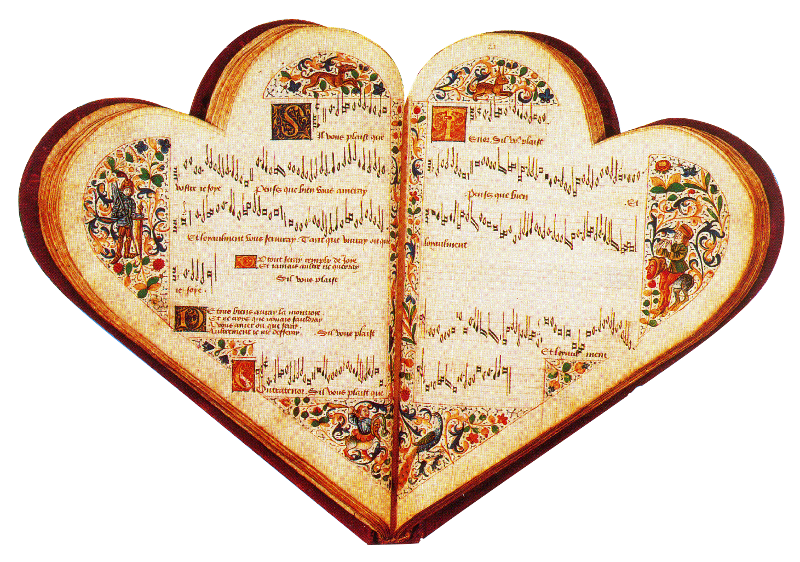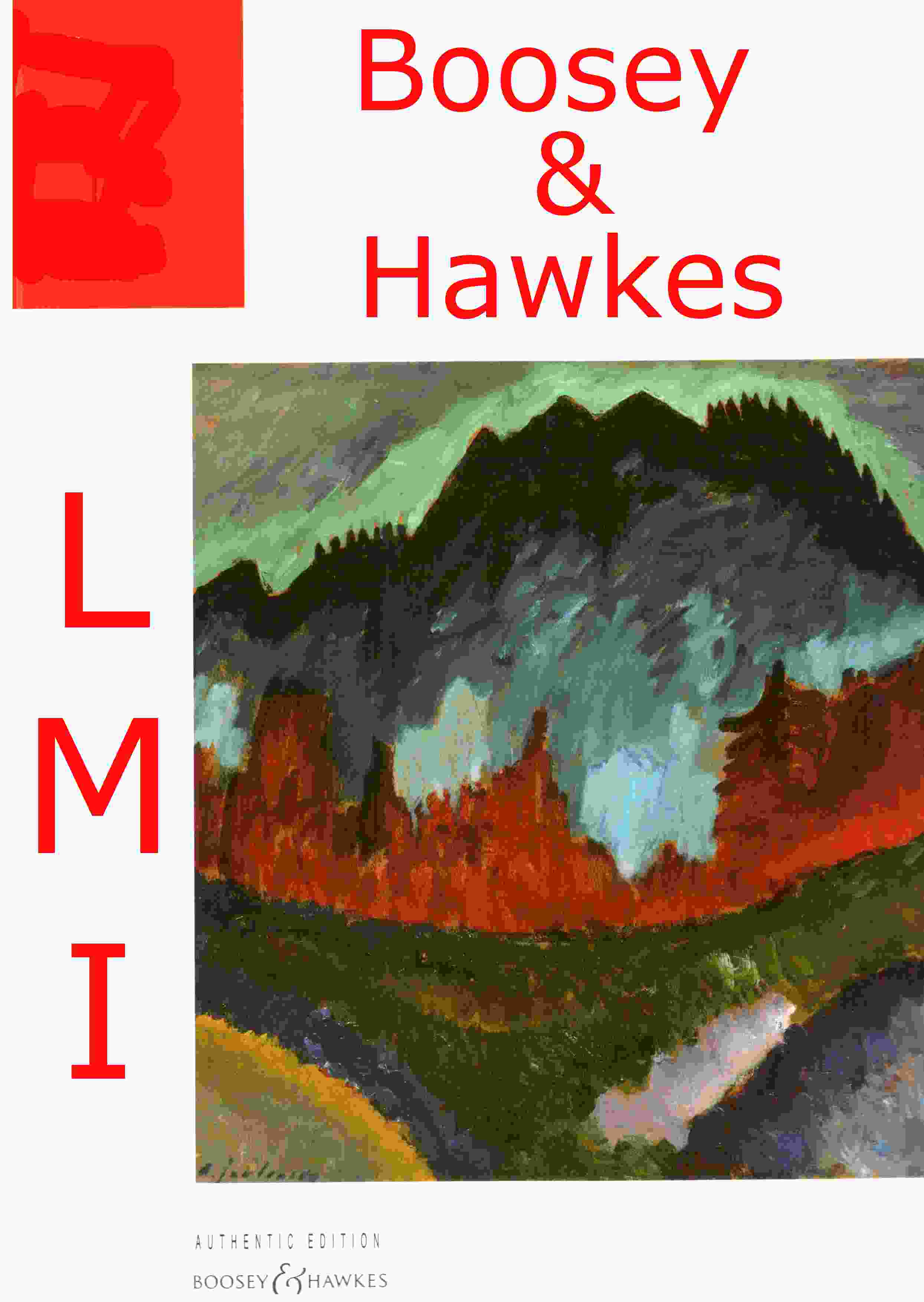Classique
Contenu
I Ásma Asmáton (The Song of Songs)
II O Andónis (Andonis)
III O Drapétis (The Fugitive)
IV Áma Teli´si o Pólemos (When the War is Over)
Description :
Sung texts are in Greek; English, German and French translations are included.
A good friend of mine, the poet lacovos Kambanellis, was a prisoner in Mauthausen during World War II. At the beginning of the sixties, he wrote his memories of this time under the title of "Mauthausen". In 1965, he also wrote four poems on the subject and gave me the opportunity to set them to music. I did this with much pleasure, firstly, because I liked the poetry of the texts, and secondly, because I myself was detained in Italian and German prisons during the Nazi occupation, but mainly because this composition gives us the chance to remind the younger generation of history, of events that must never be forgotten.
First and foremost, of course, the Mauthausen Cantata is addressed to all those who suffered under Fascism and fought against it. We must keep the Nazi crimes continually in our minds, because that is the only guarantee and the only way to assure that they are not repeated. And we can see every day that the ghost of Fascism is far from being laid. It seldom shows its real face, but Fascist cultures and mentalities exist all over the world. For us, who had to live through this time of horror, the most important task is to protect our children against this peril. (Mikis Theodorakis, 1999)



 Gagnez un bon d'achat dès 50€
Gagnez un bon d'achat dès 50€
 30 jours pour changer d'avis
30 jours pour changer d'avis





